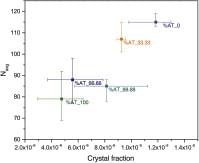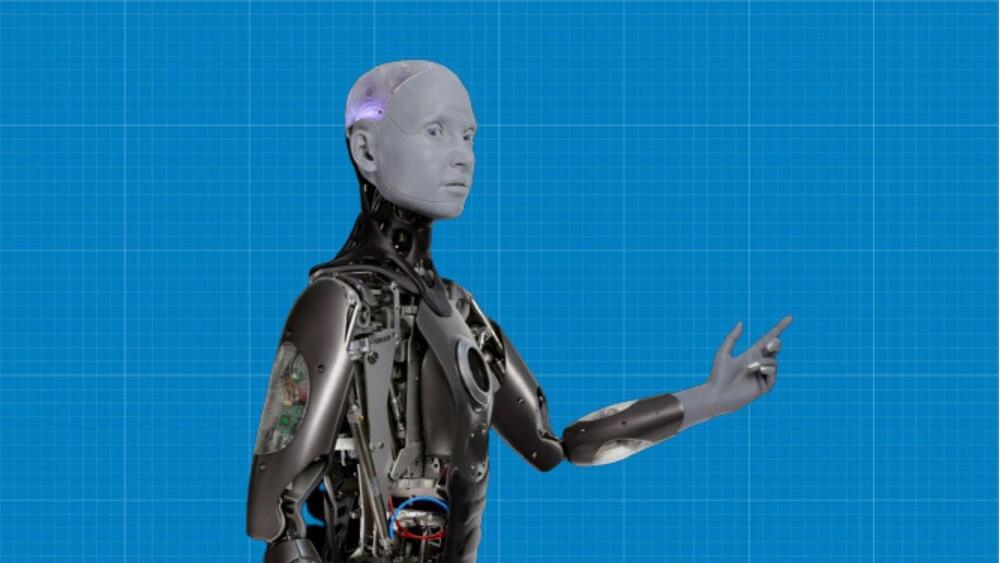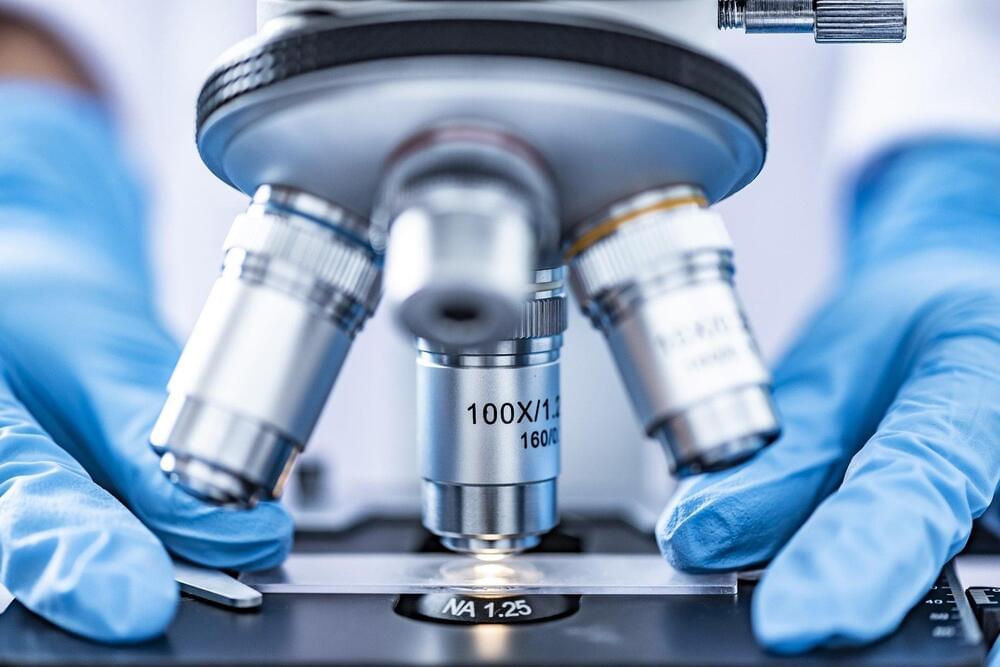Apr 10, 2023
Homologous pairing in short double-stranded DNA-grafted colloidal microspheres
Posted by Dan Breeden in category: biotech/medical
Homologous pairing (HP), i.e., the pairing of similar or identical double-stranded DNA, is an insufficiently understood fundamental biological process. HP is now understood to also occur without protein mediation, but crucial mechanistic details remain poorly established. Unfortunately, systematic studies of sequence dependence are not practical due to the enormous number of nucleotide permutations and multiple possible conformations involved in existing biophysical strategies even when using as few as 150 basepairs. Here, we show that HP can occur in DNA as short as 18 basepairs in a colloidal microparticle-based system. Exemplary systematic studies include resolving opposing reports of the impact of % AT composition, validating the impact of nucleotide order and triplet framework and revealing isotropic bendability to be crucial for HP. These studies are enabled by statistical analysis of crystal size and fraction within coexisting fluid-crystal phases of double-stranded DNA-grafted colloidal microspheres, where crystallization is predicated by HP.

















